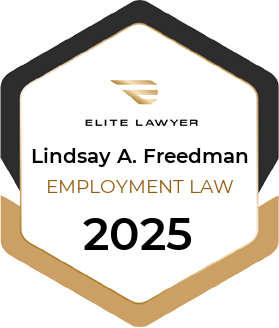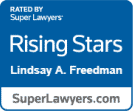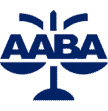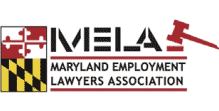Vaccines in the Workplace
On November 20, 2020, the U.S. Food and Drug Administration announced a December 10th meeting to discuss the emergency use of a COVID-19 vaccine from Pfizer, Inc. and BioNTech. Vaccines from Moderna and AstraZeneca may also soon be available. The vaccines raise new questions about how employers should proceed and seek to protect its workforce.
COVID-19 and the Americans with Disabilities Act
In ordinary times, conscientious employers are loathe to make disability-related inquiries or require medical exams of their employees unless truly job related and consistent with business necessity. Normally before seeking this information, an employer must have objective evidence that a medical condition will impair the employee's ability to perform the essential functions of the job, or that the employee will pose a "direct threat." However, in March 2020, the Equality Employment Opportunity Commission took the position that the COVID-19 pandemic meets the standard of "direct threat" to the health and safety of the workforce. As such, employers may now perform body temperature checks and request COVID-19 screens to protect its workforce.
Accommodations
Critically, the pandemic does not limit an employee's ability to request accommodations on the job. Where an employee with a disability needs a reasonable accommodation under the ADA (e.g., non-latex gloves, modified face masks for interpreters or others who communicate with an employee who uses lip reading, or gowns designed for individuals who use wheelchairs), or a religious accommodation under Title VII of the Civil Rights Act of 1964 ("Title VII") (such as modified equipment due to religious garb), the employer must still discuss the request and provide the modification or an alternative if feasible and not an undue hardship on the operation of the employer's business.
Some employers are asking if they can mandate the vaccine for all employees. In 2009, the Occupational Health and Safety Administration ("OSHA") took the position that an employer could mandate an employee get the H1N1 vaccine. A vaccine requirement would likely be permissible given the EEOC's position that this COVID-19 pandemic meets the "direct threat" standard. However, there are two important exceptions. First, an employee can claim a religious exemption under Title VII. To receive protection, the employee's religious belief must be "sincerely held." Employers must accommodate those sincerely held religious beliefs to the extent that they can do so without undue hardship on the operation of the business. Second, an employee with a disability could require a reasonable accommodation and exemption from the vaccination. One such example is an employee who is immunocompromised. Pursuant to the ADA, when an employee requests a reasonable accommodation, the employer is required to engage in the "interactive process" with the employee (i.e., a give and take with the employee to reach a solution that allows the employee to perform the essential functions of his or her job). The employer can refuse a "reasonable" accommodation if it would impose an undue hardship, based on various factors related to the size and expense of operations.
Of course, certain employers such as hospitals and medical providers will require vaccination. Other employers may strongly suggest their workers get vaccinated, and ask their employees to follow the lead of state and local officials as the vaccines become available.
Here to Help
If you have questions regarding your workplace rights during this pandemic, please call Freedman Law today for assistance.













